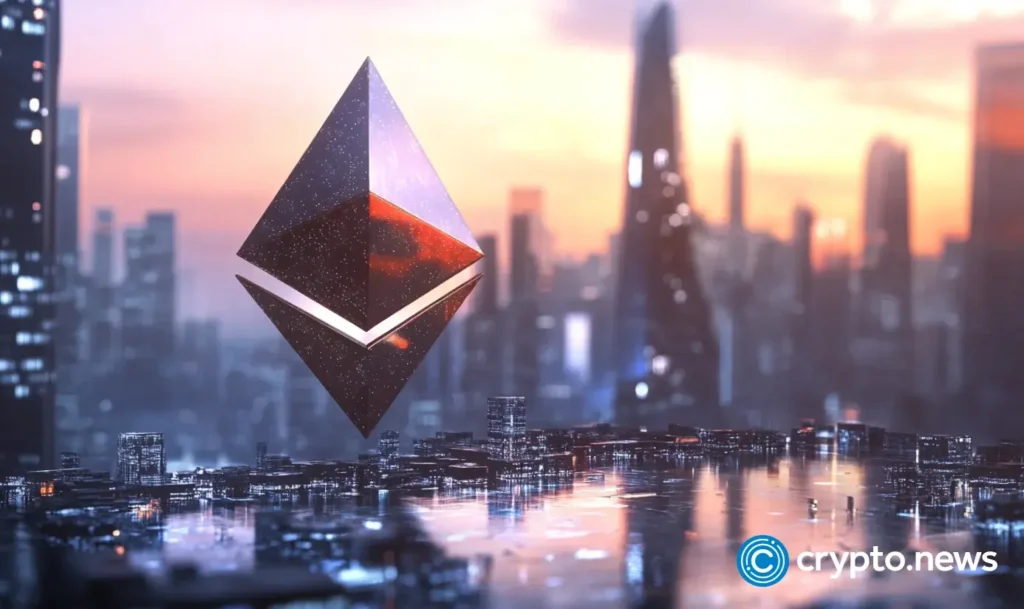Vitalik Buterin has called on researchers to join the Poseidon cryptographic analysis program as Ethereum explores the potential switch to the Poseidon hash function to enhance its zk-proof capabilities.
In his recent post on X, Vitalik Buterin, a co-founder of Ethereum (ETH), has encouraged researchers to join the Poseidon cryptographic analysis program. Vitalik is considering switching to the Poseidon hash function to improve how it works with zk-provers (tools for verifying transactions privately). To help make this decision, Ethereum wants more information about Poseidon’s security, and they’ve extended the deadline to apply for the funding program to March 15.
In Nov. 2022, a proposal called Ethereum Improvement Proposal (EIP) 5988 was introduced, suggesting adding a precompiled contract to the Ethereum Virtual Machine to implement the Poseidon hash function, aiming to enhance interoperability between the EVM and zero-knowledge rollups.
Since the proposal’s introduction, it seems there hasn’t been any official implementation or major update to EIP 5988, but it looks like Ethereum is still seriously considering implementing Poseidon.
The Poseidon hash function, introduced in 2019, is relatively new compared to well-established hash functions like SHA-256 and Keccak, which have been around for decades and have undergone extensive testing. However, SHA-256 or Keccakt aren’t specifically designed for zero-knowledge proofs. In contrast, Poseidon has specifically been designed for use in zero-knowledge proofs. Although it hasn’t been as extensively tested as SHA-256 and Keccak, Poseidon is already in use in production within layer-2 systems on the Ethereum network and other blockchain projects.
Ethereum’s exploration of the Poseidon hash function is just a small part of its broader efforts to enhance the network’s performance. Most notably, the long-awaited Pectra upgrade will officially launch on April 8, aiming to enhance Ethereum’s scalability, improve account abstraction, boost layer-2 efficiency, and increase validator rewards. This upgrade follows the recent Dencun hard fork—which rolled out in March 2024, significantly slashing transaction fees for layer-2 networks.
Read the full article here

